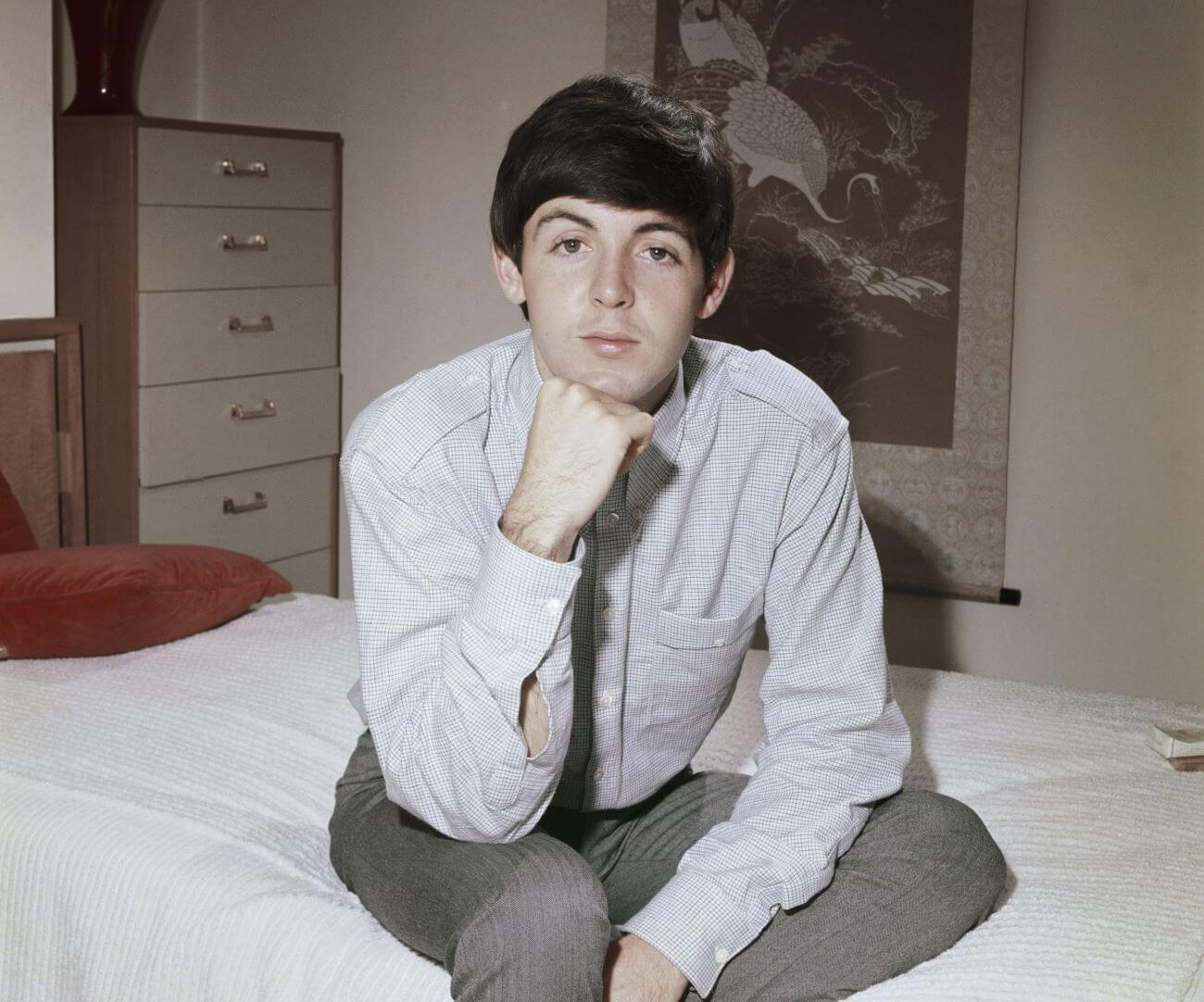
The House of Commons Used a Paul McCartney Quote to Show the Danger of Drugs
In 1967, John Lennon, Paul McCartney, George Harrison, and Ringo Starr took out a full-page ad in the Times about drugs. The Beatles believed Britain should legalize marijuana, so they financed an ad advocating for this and signed their names. It immediately caused a stir. In the House of Commons, the Minister of State gave a lengthy speech in which she quoted McCartney. She intended to show, based on his words, the dangers of drug use.
The House of Commons used a Paul McCartney quote about drugs
In 1967, all four Beatles helped finance a full-page advertisement advocating the legalization of marijuana. While they were among the 64 signatories supporting legalization on the ad, McCartney worried about negative publicity if people found out they paid for it. Word quickly got out, though, and caused an uproar.
The day the ad appeared in the Sunday Times, the House of Commons debated it. According to Barry Miles in the book Paul McCartney: Many Years From Now, Minister of State Alice Bacon gave an impassioned speech against legalization. In it, she referenced an article she read about drugs. She noted that she was “horrified” by something McCartney said.
“God is everything,” he said. “God is in the space between us. God is in the table in front of you. God is everything and everywhere and everyone. It just happens that I’ve realised all this through acid.”
She believed musicians like McCartney were incredibly influential, so it was dangerous for him to speak in favor of drugs.
“This may sound amusing to hon. Members, but young people take quite seriously what pop stars say,” she said in her speech. “What sort of society will we create if everyone wants to escape from reality?”
Paul McCartney said he didn’t like the drug as much as his bandmates
It’s interesting that Bacon quoted McCartney, given that his bandmates liked LSD far more than him. While he tried the drug a few times, he didn’t feel it was necessary to his creativity in the way his bandmates did.
“It was quite spacy,” he said. “Everything becomes more sensitive. Later, I was to have some more pleasant trips with the guys and outdoors, which was nicer. I was never that in love with it all, but it was a thing you did.”
Lennon and Harrison, by contrast, believed LSD had such a major impact on them that they didn’t think they could relate to people who hadn’t tried it.
The Beatle said LSD could be an eye-opening experience
McCartney was a bigger fan of marijuana than LSD, believing it was a “mind-expanding” experience. On some level, though, he felt the same way about acid. He might not have liked it as much as Lennon and Harrison, but he still felt it had changed him.
“I remember John saying, ‘You never are the same after it,’ and I don’t think any of us ever were,” he said. “It was such a mind-expanding thing. I saw paisley shapes and weird things, and for a guy who wasn’t that keen on getting that weird, there was a disturbing element to it. I remember looking at my shirtsleeves and seeing they were dirty and not being too pleased with that, whereas normally you wouldn’t even notice. But you noticed and you heard. Everything was supersensitive.”
Under the influence of LSD, The Beatles wrote their 1966 album Revolver.


